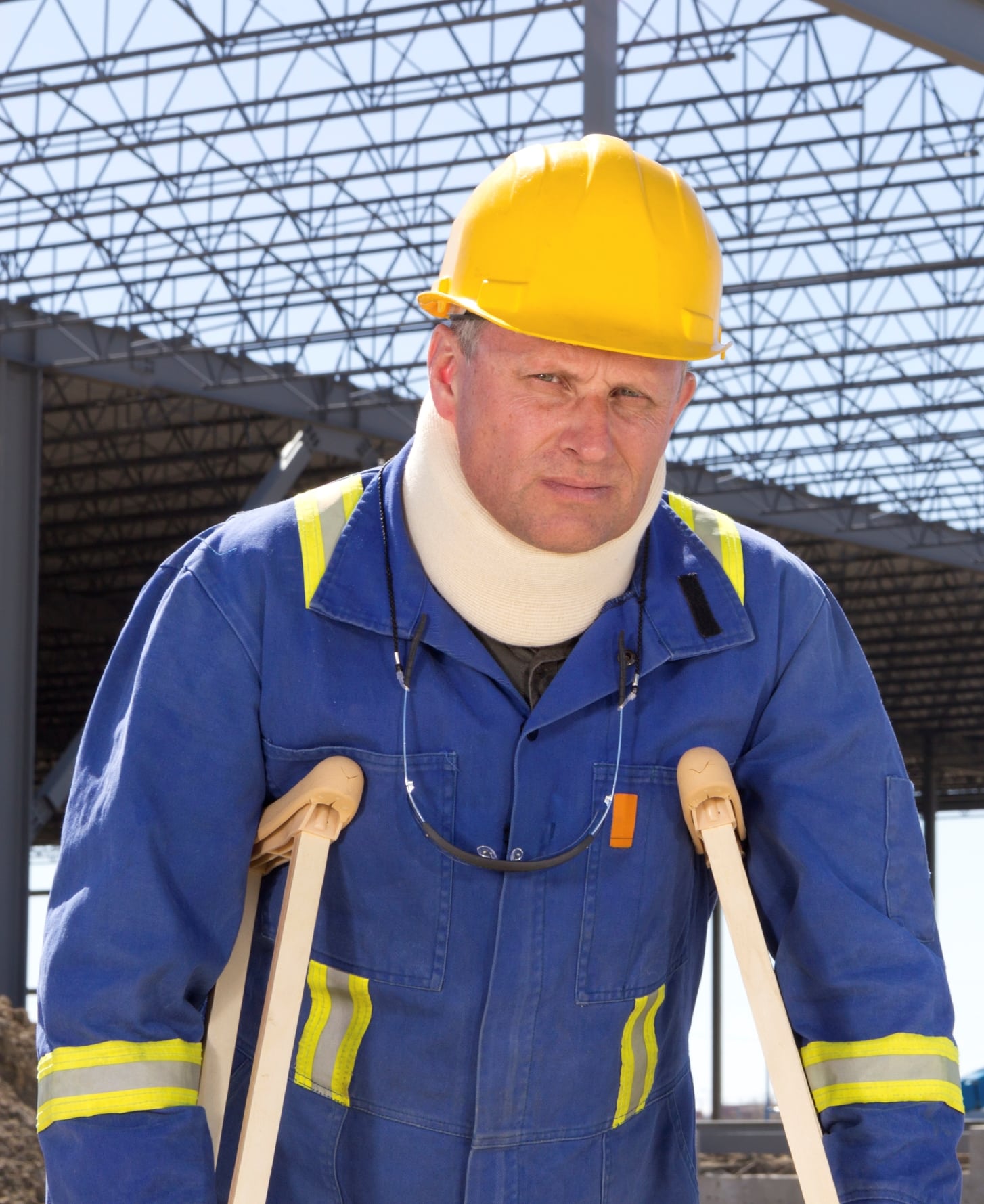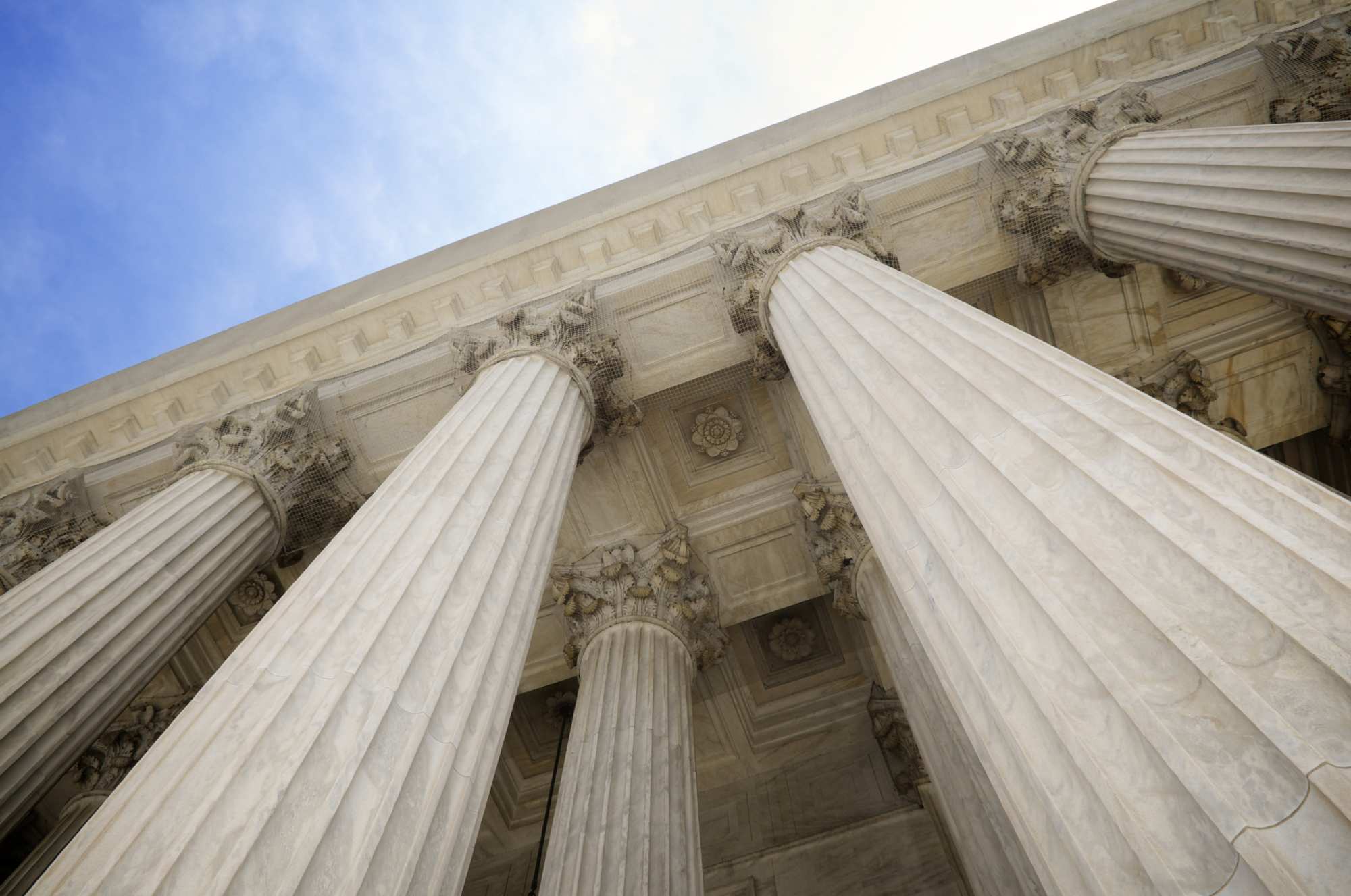Injury and Accident Attorneys Serving St. Louis, Nearby Missouri, and Nearby Illinois

Brown & Brown, Attorneys at Law, represents individuals and families dealing with serious injuries and complex legal situations. Our firm has spent over 30 years assisting individuals who have sustained harm due to negligence, unsafe conditions, or workplace accidents. We aim to provide guidance through all stages of the legal process while pursuing fair outcomes for our clients.
Our team works with individuals across a wide range of personal injury and accident-related cases. Whether you're recovering from a crash, an on-the-job injury, or a life-altering medical issue, we're here to help.
Our Core Practice Areas
At Brown & Brown, we handle a wide variety of injury-related cases, including:
- Personal Injury Claims: From slip-and-falls to serious trauma, we represent people who've been injured through no fault of their own.
- Workers' Compensation: If you've been hurt on the job, we help you pursue benefits and ensure your rights are protected under state law.
- Car Accidents: We assist drivers, passengers, and pedestrians involved in vehicle collisions throughout the region.
- Truck Accidents: Large commercial truck collisions can cause severe injuries. Our attorneys are experienced in handling these high-stakes cases.

- Motorcycle Accidents: Motorcyclists face a range of risks on the road. We advocate for injured riders and their loved ones.
- Wrongful Death: If negligence leads to a fatal accident, we stand with families seeking justice and accountability.
- Brain and Spinal Injuries: These catastrophic injuries often result in long-term or permanent disability. Our team strives to help victims receive compensation for damages like medical bills, lost income, etc.
- Dangerous Drug Cases: If you've suffered harm from a prescription or over-the-counter medication, we can investigate your legal options.
A Law Firm That Stands Up for Clients

Clients choose Brown & Brown because we approach each case with thorough preparation, strategic planning, and a determination to hold wrongdoers accountable. Our team digs into the details of every case, preparing as if it will go to trial — even when a settlement is likely. This reputation often leads to stronger negotiation outcomes because opposing parties know we're ready to take a case all the way to verdict if necessary.
We represent individuals in the greater St. Louis area and across nearby Illinois communities. Whether your case involves local courts, federal proceedings, or administrative hearings, we are prepared to pursue the most appropriate legal route on your behalf.
A Results-Oriented Approach with Personal Support
Navigating an injury claim can feel daunting, especially when dealing with physical recovery and emotional stress.
At Brown & Brown, we handle the legal aspects of your case and take the time to understand your situation and needs. Our clients value the one-on-one relationships they form with our attorneys, and many refer their friends and family due to the care and attention they receive.

We believe in transparency and fairness. Personal injury and workers' compensation clients owe no legal fees unless we win compensation on their behalf. We also offer free consultations to help you understand your rights and options.
Contact Brown & Brown Today
If you've been seriously injured and need legal support in Missouri or Illinois, contact the Brown & Brown team. In Missouri, dial 314-333-3333 or 573-333-3333. In Illinois, call 618-888-8888. Let us handle the legal components so you can focus on recovery.

